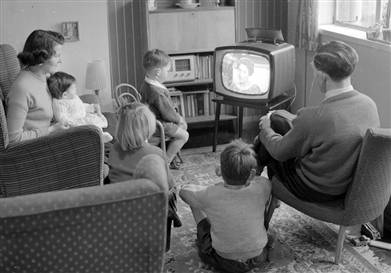 It seems like nearly everyone wants to consider himself a part of the middle class. That certainly is where I usually identify myself. Although the middle class might involve aspects like education and values, we most often think of it as the income we generate. If we make it to the middle class, we tend to consider our economic resources to be high enough to not only survive but also to obtain a lot of products to enjoy that are beyond the necessities.
It seems like nearly everyone wants to consider himself a part of the middle class. That certainly is where I usually identify myself. Although the middle class might involve aspects like education and values, we most often think of it as the income we generate. If we make it to the middle class, we tend to consider our economic resources to be high enough to not only survive but also to obtain a lot of products to enjoy that are beyond the necessities.
With that in mind, I was so glad to see a report last week that said that 1/3 of Africans have entered the middle class. I rejoiced that things were really improving on that continent. My happiness dwindled a little bit when I discovered what middle class meant. I should have known.
The United Nations defined some years ago the standard of poverty as making $1 a day. If you make less than a dollar a day, then you are living in poverty. So then where does the middle class start if poverty is at one dollar? Middle class started on the African continent at $2 a day. I was hoping and anticipating a little more. Yes, if you make $2 a day, you are considered to be in the middle class. Now the middle class goes up to $20 a day, but most Africans are on the bubble of poverty bordering between $1 and $2 a day.
As I examined Sub-Sahara Africa, I learned that 58% of the people were below the poverty level. That means that nearly two-thirds of the people there make less than a dollar a day.
As you would guess, middle class takes a completely different perspective when it comes to living in the United States. The middle class starts at $20,000 a year, and in our country if you earn $100,000 a year—you are still considered middle class. And around two-thirds of Americans fit into this range.
What does all this mean? It means that we have it pretty good when it comes to the world economy. I’m not saying we should feel guilty, but we should certainly feel grateful. And we should help those who don’t have as much. Jesus said, “To whom much is given, much is expected.”
It also means that you really have to examine improvements. I’m thankful for the increase in the incomes of the poorest of the poor. But you still have to do a little bit of comparison to understand that they have a long way to go.

